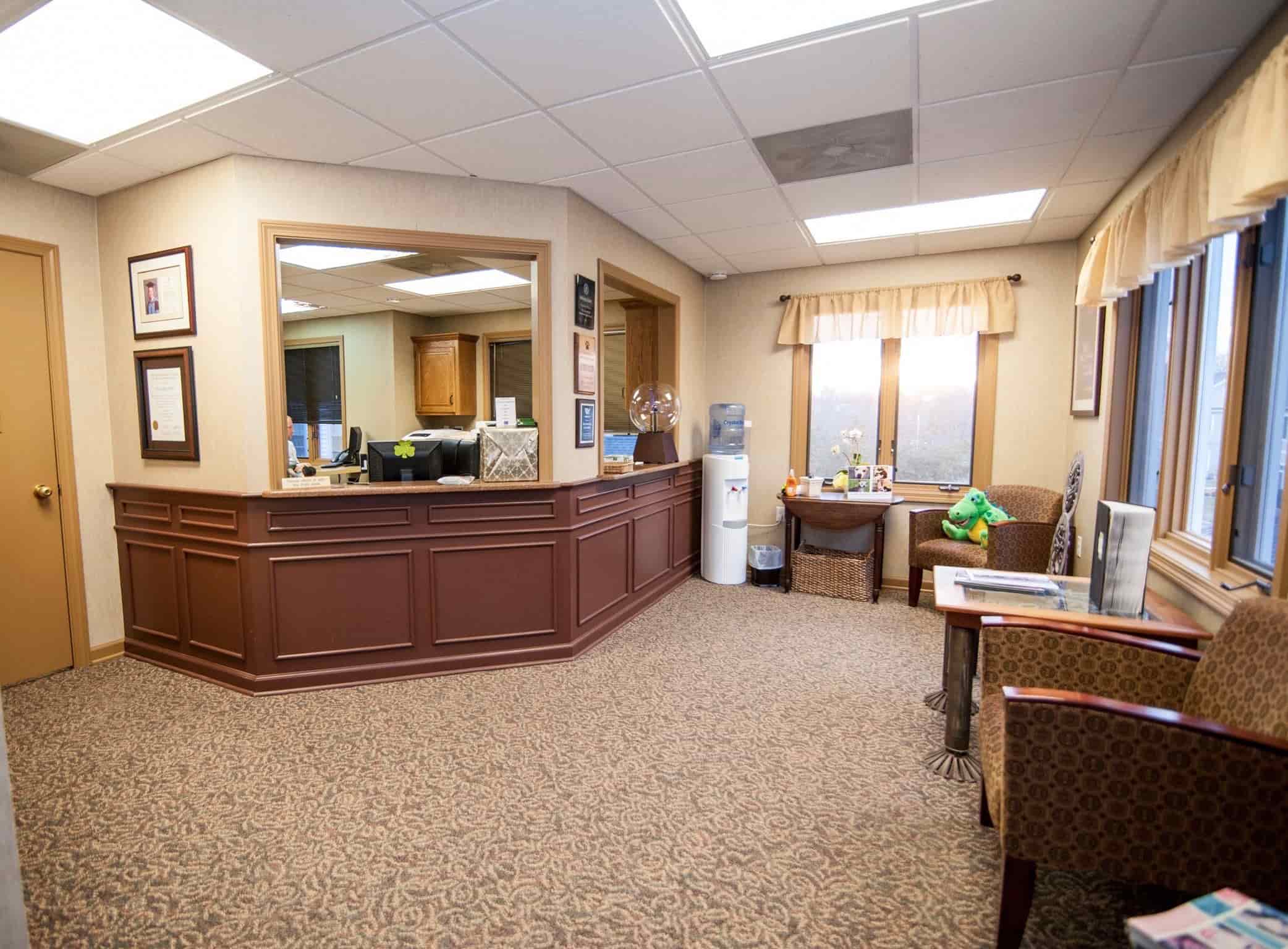
In our hustle-driven world, the integrative links between mental health and physiology grow more evident daily. One common question that patients struggling with anxiety often pose during appointments at Southington Dentistry is “Can my stress and worry directly cause or exacerbate sleep apnea?” Let's unpack the latest research illuminating this correlation and what we can do to simultaneously improve both anxiety and unrefreshing sleep.
Anxiety is more than just feeling stressed or worried. It's a medical condition that can have significant effects on your physical health, including your sleep quality. While anxiety itself doesn't directly cause sleep apnea, it can contribute to conditions that increase the likelihood of developing sleep disorders, including sleep apnea. Chronic anxiety can lead to insomnia, frequent night awakenings, and other sleep disruptions that can exacerbate existing sleep apnea or create an environment conducive to its development.
Sleep apnea is a condition characterized by repeated pauses in breathing during sleep. These pauses can last from a few seconds to minutes and can occur 30 or more times an hour. The link between anxiety and sleep apnea is complex. Anxiety can lead to behaviors such as alcohol consumption or sedative use, which can relax the throat muscles too much, leading to sleep apnea. Furthermore, the stress and worry associated with anxiety can disrupt your sleep cycle, potentially leading to sleep apnea.
Recognizing the signs of sleep apnea is crucial for early intervention and treatment. Common symptoms include loud snoring, gasping for air during sleep, waking up with a dry mouth, morning headaches, difficulty staying asleep (insomnia), excessive daytime sleepiness, difficulty paying attention, and irritability. If you are experiencing these symptoms and have anxiety, it's essential to discuss this with your healthcare provider.
Fortunately, both sleep apnea and anxiety are treatable conditions. Continuous Positive Airway Pressure (CPAP) therapy is the most common treatment for sleep apnea in Southington. This involves wearing a mask over your nose and/or mouth while you sleep, which provides a constant stream of air that keeps your airways open. For anxiety, treatment may include psychotherapy, medication, or both. Lifestyle changes, such as regular exercise, a healthy diet, and good sleep hygiene, can also help manage both conditions.
At Southington Dentistry, Dr. Neil Salesky and the team are committed to helping you achieve optimal health. If you're struggling with sleep disruptions and anxiety, don't suffer in silence. Reach out to us at (860) 628-5029 or visit our practice in Southington, Plantsville, or Wolcott. We'll work with you to understand your symptoms, diagnose any conditions, and create a treatment plan tailored to your needs. Don't let sleep apnea and anxiety compromise your quality of life. Take the first step towards better sleep and better health today.

Proudly Serving Plantsville, Milldale, Marion, Bristol, Plainville, New Britain, Berlin, and surrounding cities in Connecticut